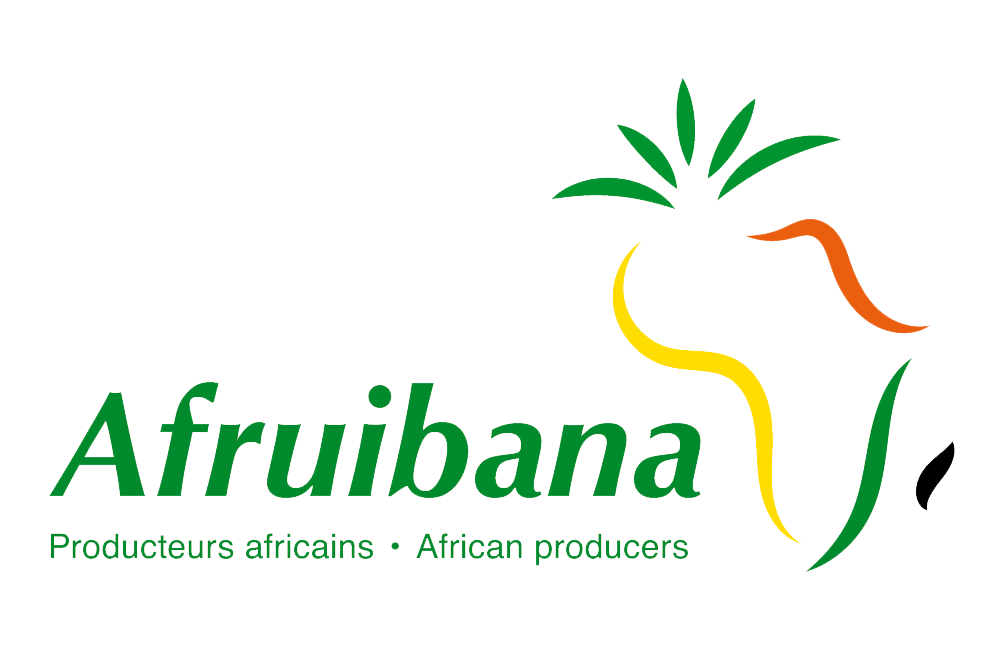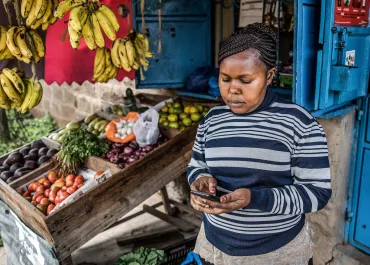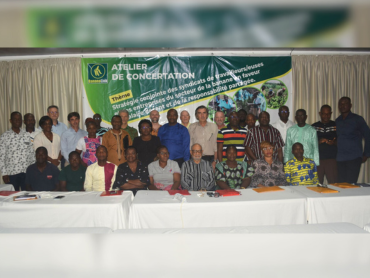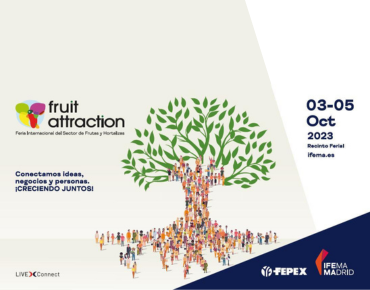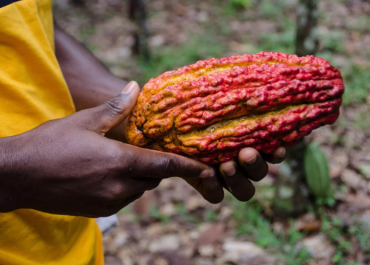
Post-Cotonou agreement and African agricultural sector
5 June 2019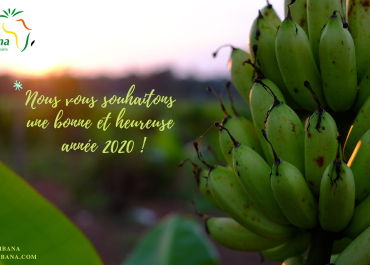
Afruibana wishes you a happy new year
1 January 2020Agriculture is one of the sectors most directly threatened by climate change. The sector is a real growth driver for African economies, employing 60% of the active population and accounting for nearly 25% of the continent’s GDP. Nowadays, 9 out of 10 natural disasters are climate-related, and the number and intensity of disasters that will occur over the next 20 years are expected to increase, according to the Food and Agriculture Organization of the United Nations (FAO). Climate change issues require us to think about risk prevention and management tools, particularly climate insurance. Unlike so-called “classic” agricultural insurance, which protects against property damage, index-based insurance considers meteorological indicators such as rainfall, temperature, drought and flooding.
The natural damage associated with climate change is responsible for much of the damage to smallholder farmers’ production in Africa and index-based insurance appears to be an innovative tool not only to improve the resilience of these farms but also to protect them from production hazards. In addition to being an inexpensive solution, it helps to maintain farmers’ incomes in the event of disasters due to critical weather conditions.
Many initiatives are now bearing fruit, such as ACRE Africa, an insurance service provider based in Kenya and operating in East Africa. This system allows farmers to buy a bag of seed and at the same time contract an insurance premium integrated into the price of the bag. The bag contains a code to be sent by SMS and by communicating this code, they are automatically geo-located and drought coverage is activated.
Generally speaking, the insurer establishes the contract according to the probability of the catastrophe. The index must be precisely identified, objective, measurable and, possibly, related to the observation of past events to ensure producer confidence. But one of the main difficulties of index insurance is the “basic risk” for the insured, i.e. the difference between the actual losses recorded on the ground and the damage estimated in the contract. If this difference is too great, farmers will not receive compensation. It is therefore essential for the effectiveness of the assurance that it can be based on reliable data and that the terms of the contract are properly defined between the parties.
It is clear that the opportunity of this financial service represents an advantageous solution for small producers, but the complexity of this risk management system can lead to the launch on the market of insurance products that are poorly understood by producers who, in most cases, do not have the necessary financial knowledge. Thus, the effectiveness of insurance companies, the awareness of decision-makers and the financial education of African farmers will be essential to ensure the development of this tool.
